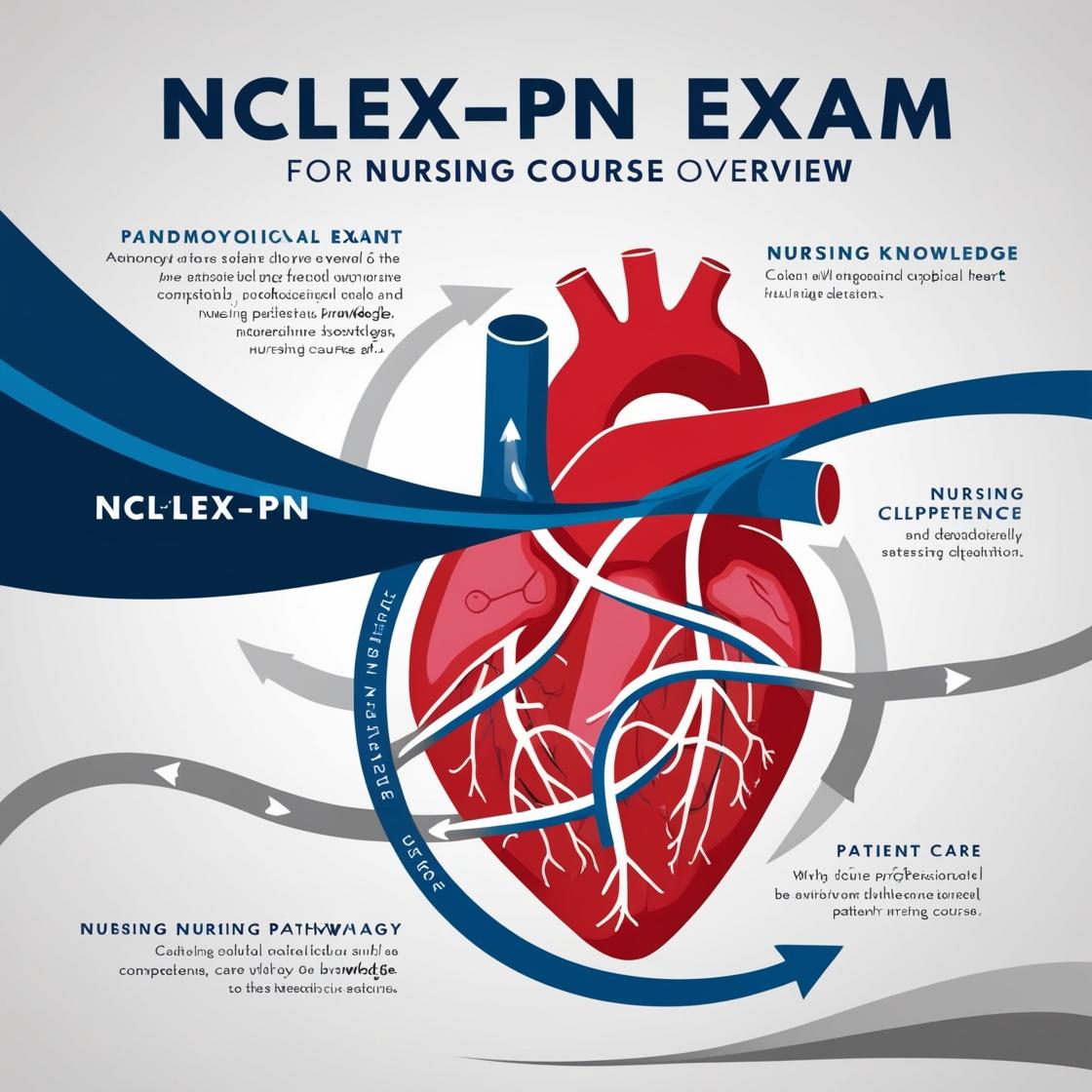NCLEX-PN
Best NCLEX Next Gen Prep
1. The goals of palliative care include all of the following except:
- A. giving clients with life-threatening illnesses the best quality of life possible
- B. taking care of the whole person"?body, mind, spirit, heart, and soul
- C. no interventions are needed because the client is near death
- D. supporting the needs of the family and client
Correct answer: C
Rationale: The goals of palliative care include choices A, B, and D. Choice C, 'no interventions are needed because the client is near death,' is not part of palliative care. Palliative care involves giving clients with life-threatening illnesses the best quality of life possible, taking care of the whole person"?body, mind, spirit, heart, and soul, and supporting the needs of the family and client. Interventions are crucial in palliative care to ensure the comfort and well-being of the client until the end of life. Therefore, the correct answer is that no interventions are needed because the client is near death.
2. A client is taking phenelzine (Nardil), and their spouse would like to bring lunch from home. Which of the following is most appropriate for the client to eat?
- A. a banana
- B. grapefruit
- C. a salami sandwich
- D. avocado slices
Correct answer: B
Rationale: The correct answer is grapefruit. Clients taking MAO Inhibitors like phenelzine (Nardil) should avoid foods rich in tyramine to prevent hypertensive crisis. Grapefruit is a suitable choice as it is not high in tyramine. Bananas, avocados, and salami are foods that should be avoided due to their tyramine content, which can interact adversely with MAO Inhibitors. Therefore, choosing grapefruit is the safest option for the client.
3. All of the following are clinical manifestations indicating male climacteric except:
- A. hot flashes
- B. loss of reproductive ability
- C. headaches
- D. heart palpitations
Correct answer: B
Rationale: Male climacteric, also known as andropause, is a stage in a man's life characterized by a decline in testosterone levels and various physical and emotional changes. While men may experience symptoms like hot flashes, headaches, and heart palpitations during male climacteric, they do not typically lose their reproductive ability. Although fertility may decrease with age due to reduced testosterone production, men do not entirely lose the ability to reproduce. Therefore, the correct answer is 'loss of reproductive ability.' Choices A, C, and D are symptoms that can be associated with male climacteric, making them incorrect answers.
4. All of the following factors, when identified in the history of a family, are correlated with poverty except:
- A. high infant mortality rate
- B. frequent use of Emergency Departments
- C. consultation with folk healers
- D. low incidence of dental problems
Correct answer: D
Rationale: The correct answer is 'low incidence of dental problems.' Dental problems are prevalent in families living in poverty due to the lack of preventive care and access to dental services. High infant mortality rate is closely correlated with poverty as it reflects various social determinants of health. Families in poverty may resort to frequent use of Emergency Departments due to limited access to primary care. Consulting with folk healers is also common among families in poverty as they might seek alternative and more accessible healthcare options. However, a low incidence of dental problems is less likely in families experiencing poverty.
5. When a client who is 25 years of age asks the nurse when she should seek fertility counseling, the best response by the nurse is:
- A. "Fertility counseling should be sought when you have been unable to conceive after 1 year of unprotected intercourse."?
- B. "Fertility counseling should be sought when you have not been able to conceive after 6-9 months of unprotected intercourse."?
- C. "The average time it takes someone your age to conceive is 5.3 months, so if you haven't conceived by then, we can refer you."?
- D. "We can give you some guidance now on how to increase your chances of conceiving and then refer you if it doesn't happen within a year."?
Correct answer: D
Rationale: The best response in this scenario is to offer immediate guidance while also indicating when fertility counseling should be sought. While Choice A is technically correct as guidelines recommend seeking fertility counseling after 1 year of unprotected intercourse, it lacks providing immediate guidance. Choice B suggests seeking counseling after 6-9 months, which is earlier than the standard recommendation of 1 year. Choice C mentions the average time to conceive for someone of the client's age without addressing the client's current concern. Therefore, Choice D is the most appropriate response as it offers immediate guidance along with a plan for referral if needed.
Similar Questions

Access More Features
NCLEX PN Basic
$69.99/ 30 days
- 5,000 Questions with answers
- Comprehensive NCLEX coverage
- 30 days access @ $69.99
NCLEX PN Premium
$149.99/ 90 days
- 5,000 Questions with answers
- Comprehensive NCLEX coverage
- 30 days access @ $149.99
